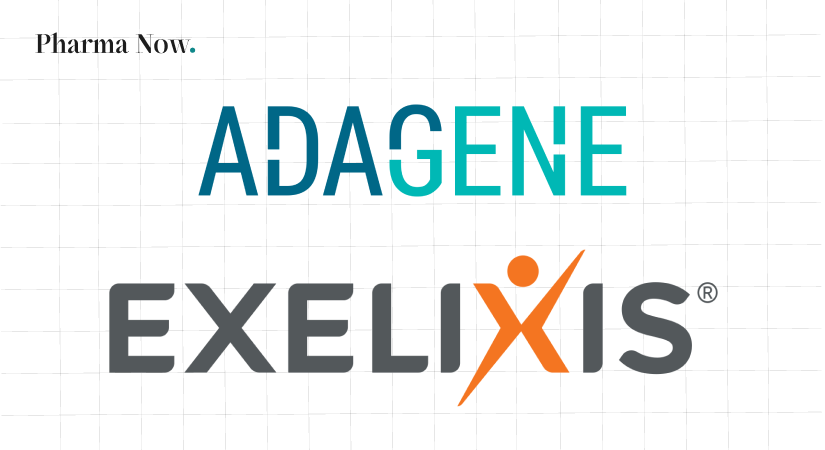Adagene Expands SAFEbody® Collaboration And License Agreement With Exelixis To Develop Third Novel Masked Antibody-Drug Conjugate For Enhanced Cancer Therapy Development
Adagene amends deal with Exelixis to develop a masked antibody-drug conjugate using its SAFEbody platform for solid tumors.
Breaking News
Sep 17, 2025
Simantini Singh Deo

Adagene Inc. has announced an amendment to its 2021 collaboration and license agreement with Exelixis. Under the revised terms, Exelixis will apply Adagene’s proprietary SAFEbody technology platform to create a masked monoclonal antibody from Adagene’s pipeline. This antibody will be developed into an antibody-drug conjugate (ADC) targeting a solid tumor type selected by Exelixis. Through this agreement, Adagene is eligible to receive milestone payments tied to development and commercialization, as well as royalties on net sales of products developed for this target.
Peter Luo, Ph.D., Chief Executive Officer of Adagene, emphasized the potential of the SAFEbody platform in improving cancer treatment. He explained that the technology allows antibodies or ADCs to remain inactive, or “invisible,” until they reach the tumor microenvironment. This selective activation results in a wide therapeutic index, as demonstrated with Adagene’s ADG126 candidate. He noted that the ongoing partnership with Exelixis showcases how conditional masking can be used to deliver therapeutic payloads or immune-modulating antibodies directly to tumor cells in a safer and more targeted way.
Cancer therapy development often faces the challenge of tumor targets being expressed not only on cancer cells but also at lower levels on healthy cells. This overlap can lead to unwanted safety or tolerability issues. Adagene’s SAFEbody technology is designed to address this challenge by masking antibodies so that they avoid binding to healthy cells, while still allowing them to bind preferentially to tumor cells where treatment is needed.
Adagene’s lead SAFEbody candidate, ADG126, is currently being evaluated in a Phase 1b/2 clinical study for metastatic microsatellite-stable colorectal cancer (MSS CRC). The company anticipates initiating the Phase 2 trial before the end of 2025, further advancing its mission to develop safer and more effective antibody-based therapies for cancer.
